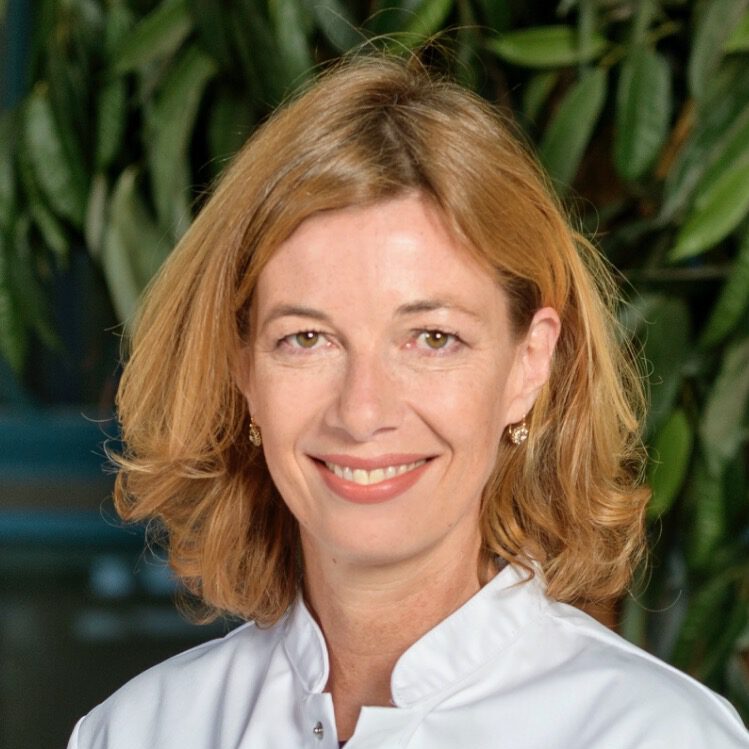In this edition of “Meet the members”, we interview Annemieke Buizer, a pediatric rehabilitation physician and professor of pediatric rehabilitation medicine at the Emma Children’s Hospital/Amsterdam University Medical Centers, the Netherlands. She will tell us a bit more about her work in the hospital, within ERN-RND and her expectations for the network.
1. What is your profession (department, affiliation, etc.) and your medical expertise or specific field of interest?
I am a pediatric rehabilitation physician and professor of pediatric rehabilitation medicine. Within the Amsterdam University Medical Centers, I work at the department of rehabilitation and at the Emma Children’s Hospital. I am coordinator of the Center of Expertise for Cerebral Palsy and Movement Disorders. I also participate in the Amsterdam Leukodystrophy Center and am chair of the Dutch Academy of Childhood Disability.
I specialize in movement analysis in children and treating mobility problems and movement disorders. My research is translational and clinical, with a focus on understanding mechanisms of motor problems (from brain to muscle) in children with (rare) neurological disorders and on interventions to improve functioning.
2. What do you like most about your work and what is the biggest challenge specially in regards to working on rare diseases?
I am fortunate that I get to work with children every day. In pediatric rehabilitation we focus on the needs of the child and the family in their daily life. I enjoy exploring what matters most to them, and how we can offer personalized treatment to help children reach their goals. This is multidisciplinary teamwork. What is very special about my work, is that I combine patient care with research. Results of my research can directly be implemented in patient care. In rehabilitation, we focus on improving function, often in diseases or disorders that cannot be cured. In the case that disorders are progressive, we usually do not talk about improving function, but about which interventions are possible to retain function as much and as long as possible, and see to it that the child is as comfortable as possible. A challenge is to offer specifically tailored treatment, or “precision medicine” – the best fitting treatment aimed at the individual characteristics of the child and the specifics of the rare disorder.
3. How do you participate in ERN-RND? Can you tell us about your experience presenting a case via the CPMS?
I am working group coordinator for the working group Neurorehabilitation, and I am part of the working group Pediatric Issues. I have not yet presented a case via the CPMS, but I look forward to participating in het CPMS in the future.
4. What are your expectations for the network?
Working together with professionals and patients in a multidisciplinary and international context is key in improving care for children with rare neurological disorders. The network is a place where we meet internationally, where information is shared and where we work at sharing and building care path ways. It promotes collaboration.
5. How do you think patients and clinicians can work together/why do you think it is important?
For patients, access to information on their rare disorder is important. For the professional, learning from the experience of patients and listening to their needs is vital to be able to offer the best advice. Patient involvement is fundamental in setting priorities for our network, in formulating common goals, in patients/parents and clinicians working together as a team.
You are an ERN-RND full member or affiliated partner and would like to participate? Please contact us.

